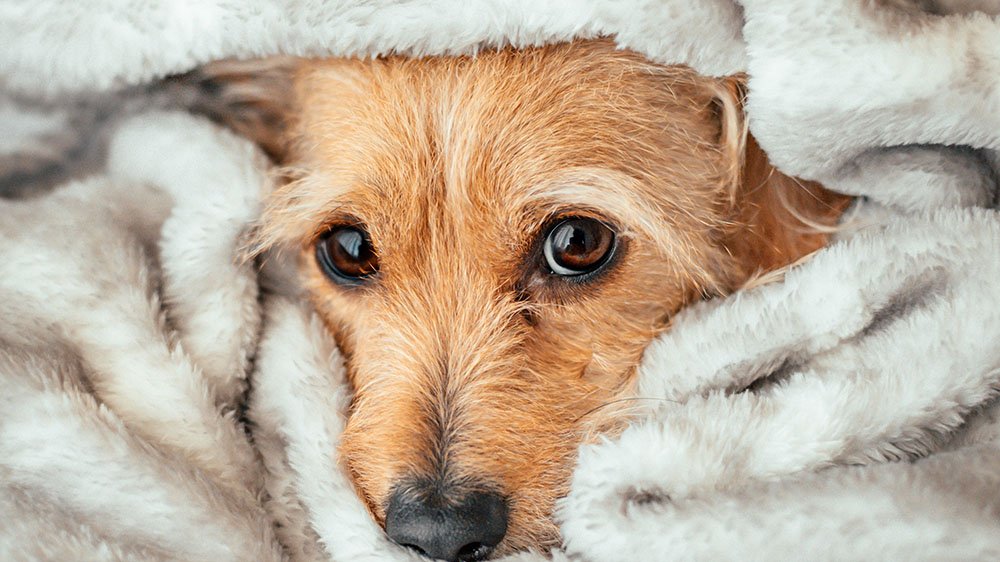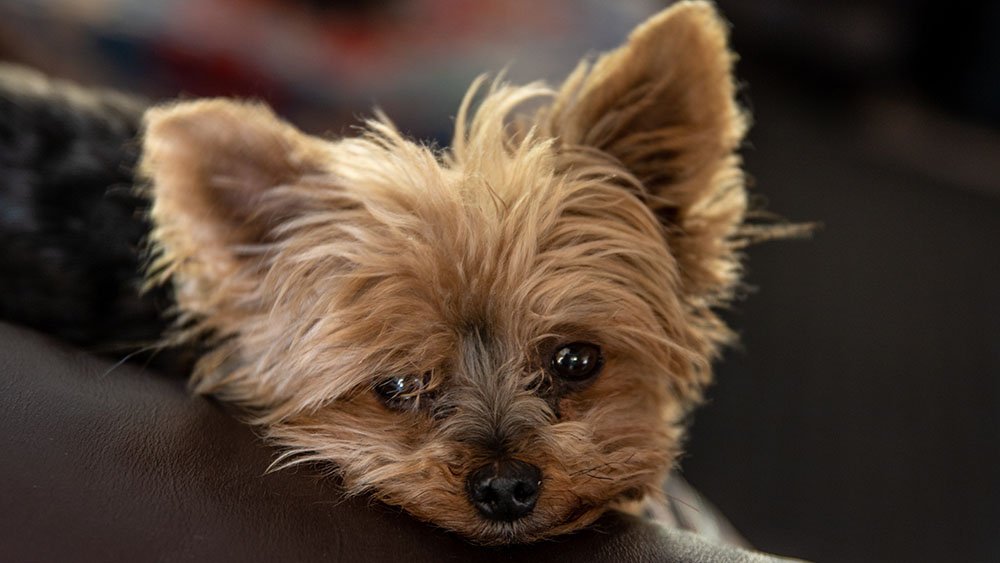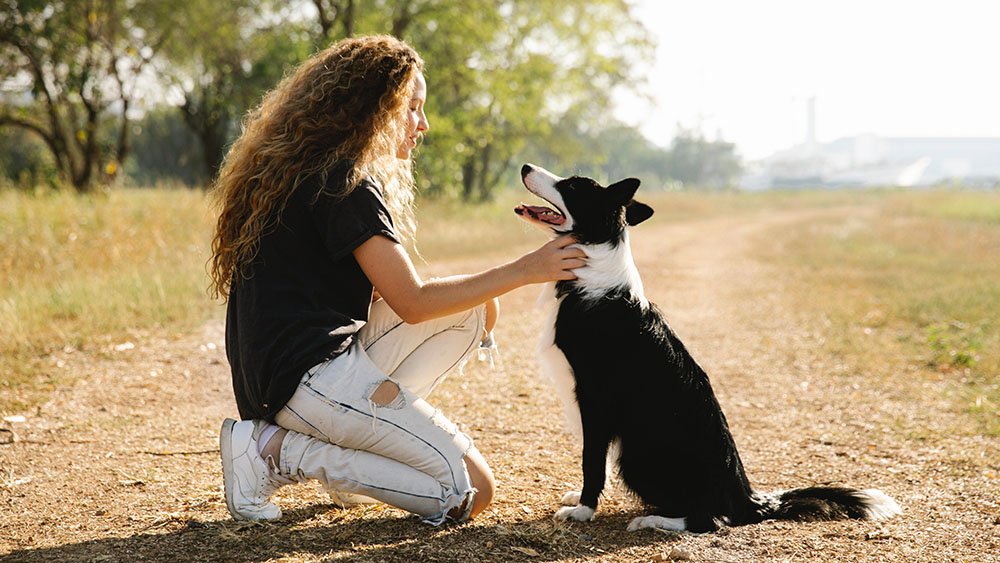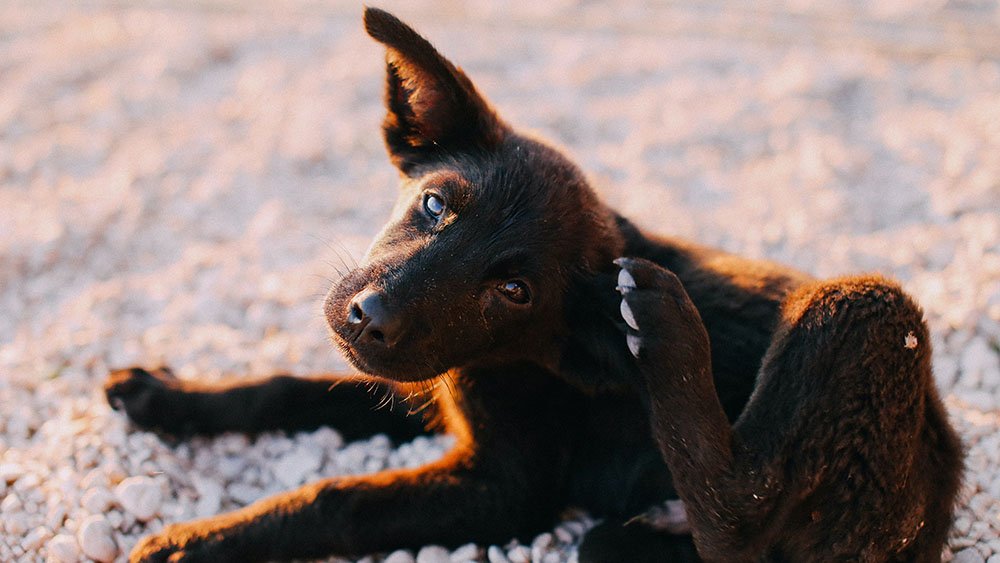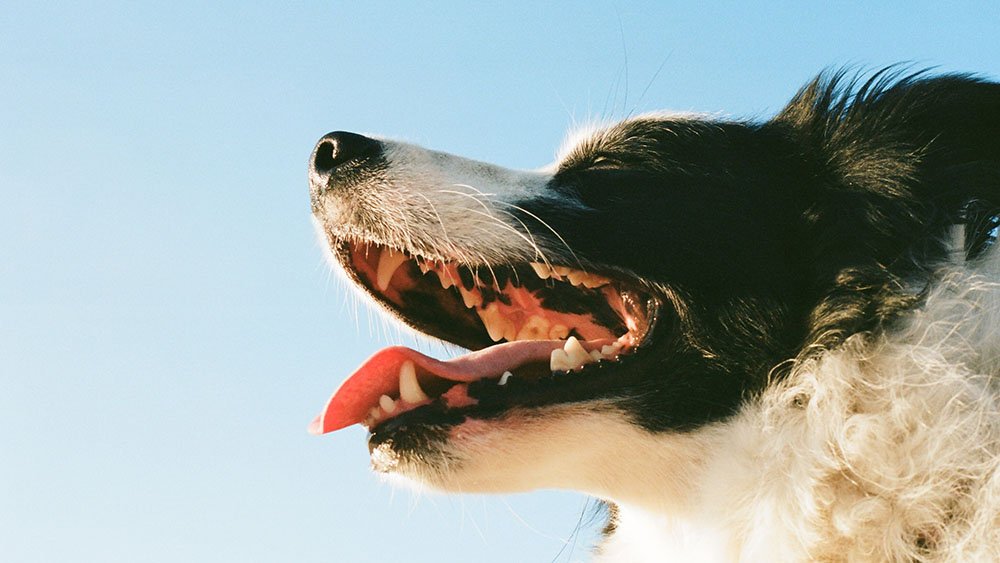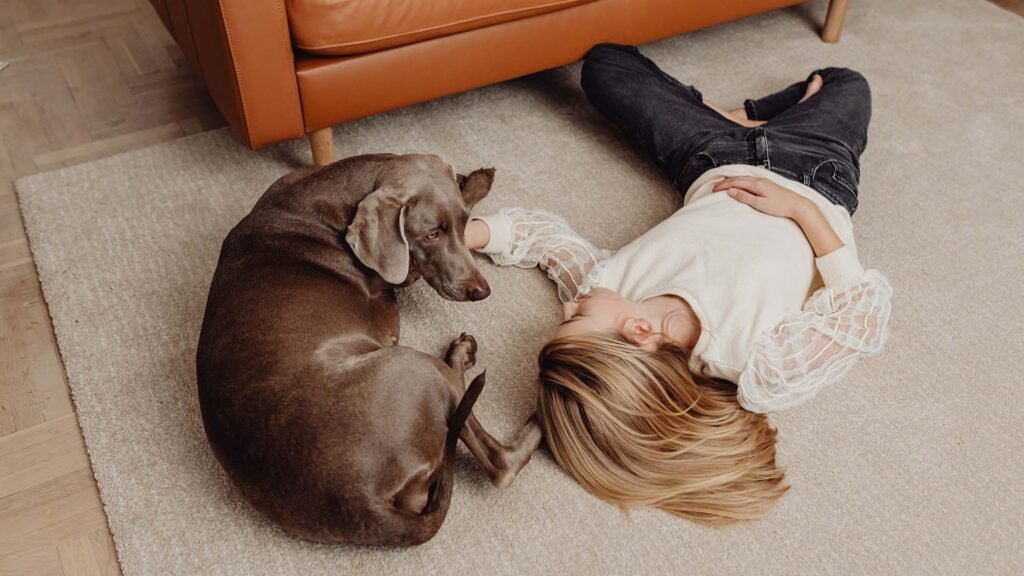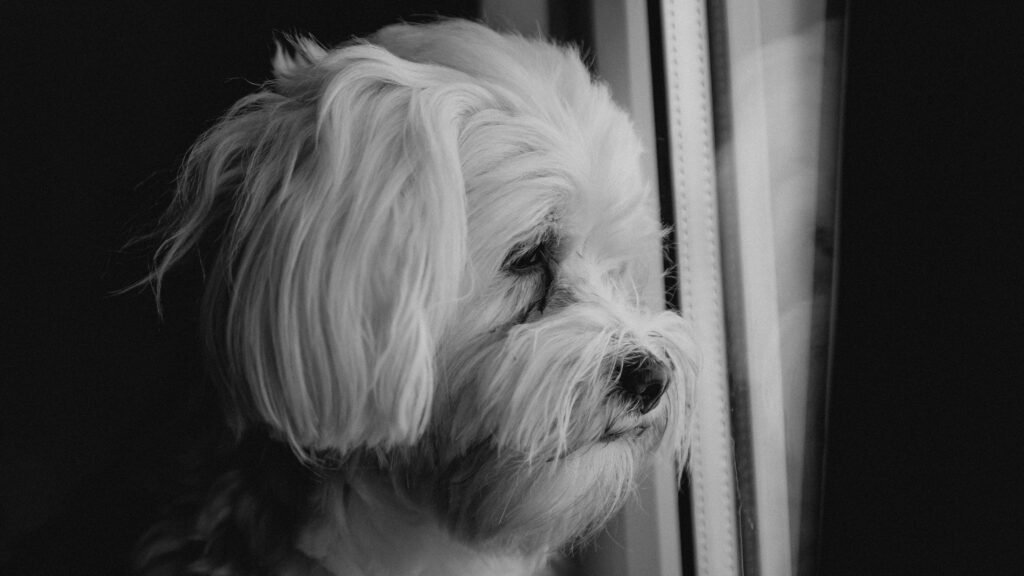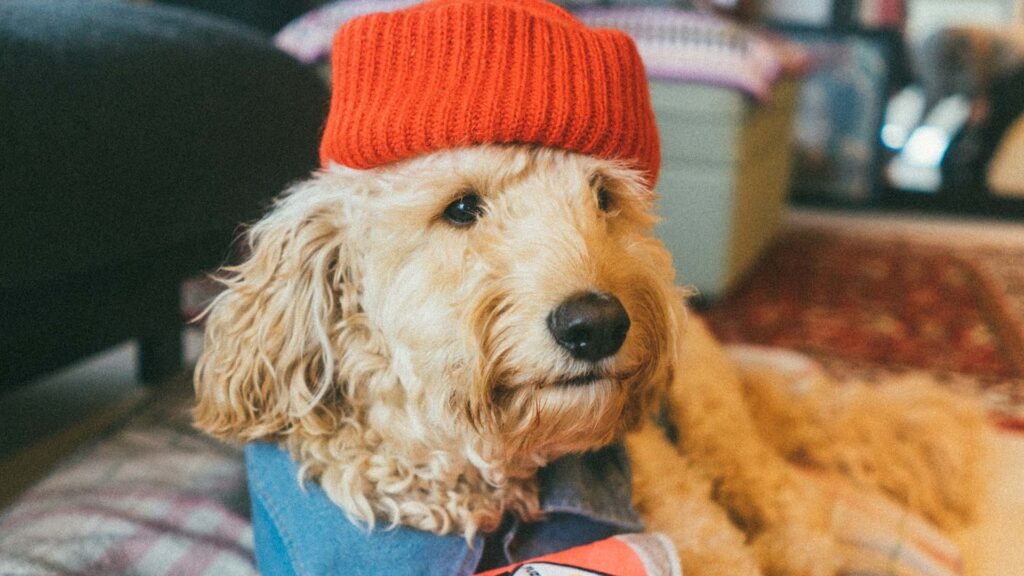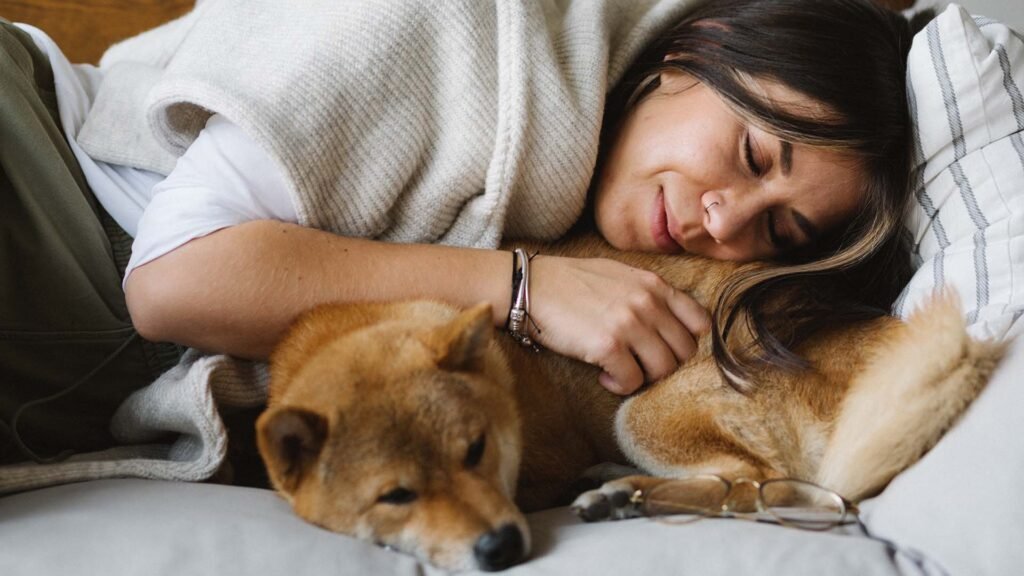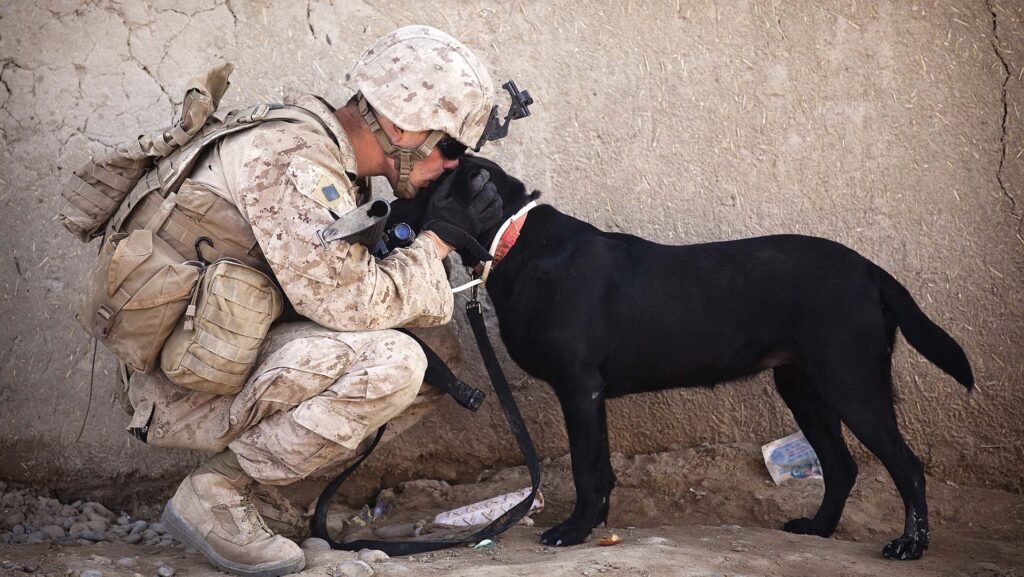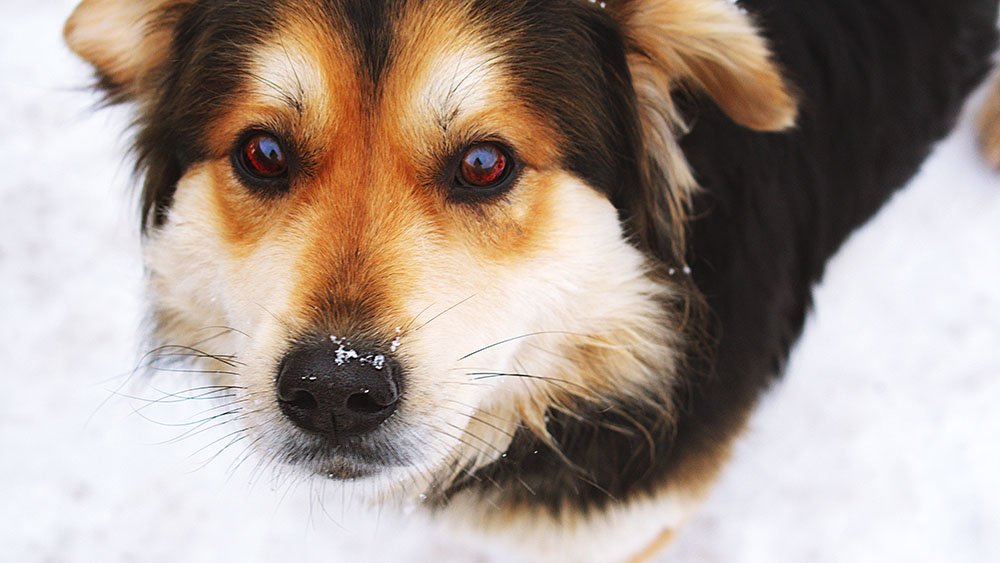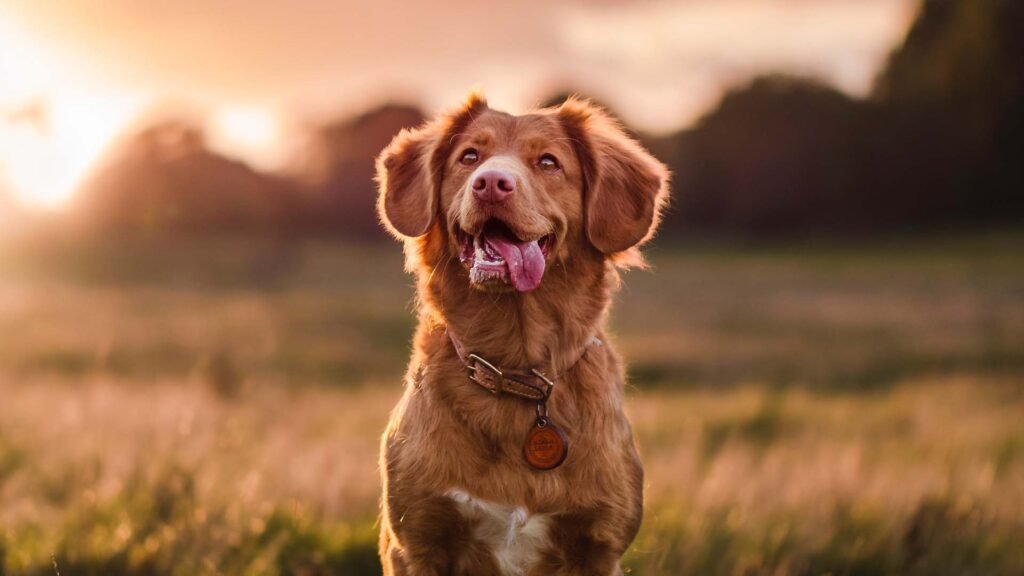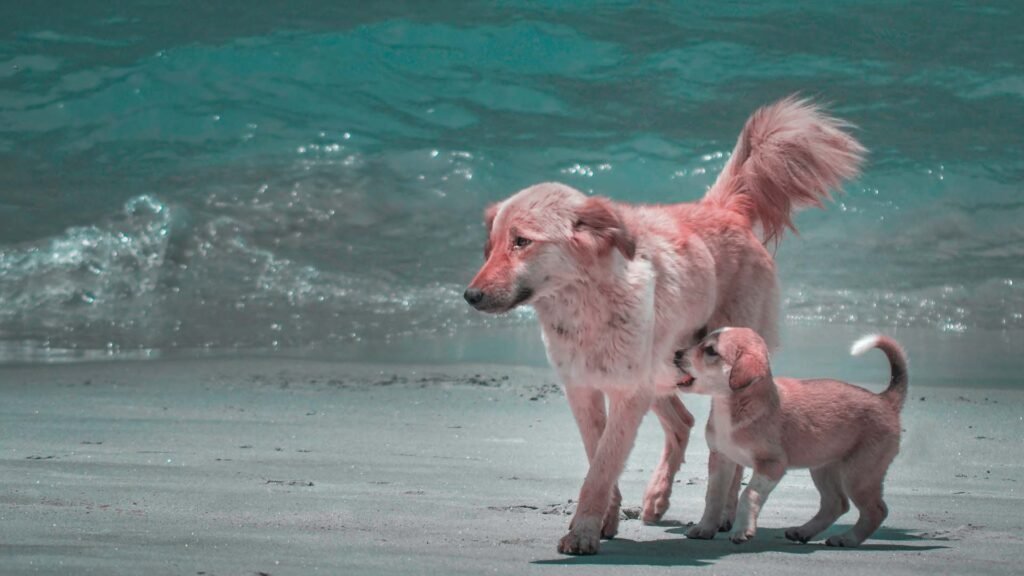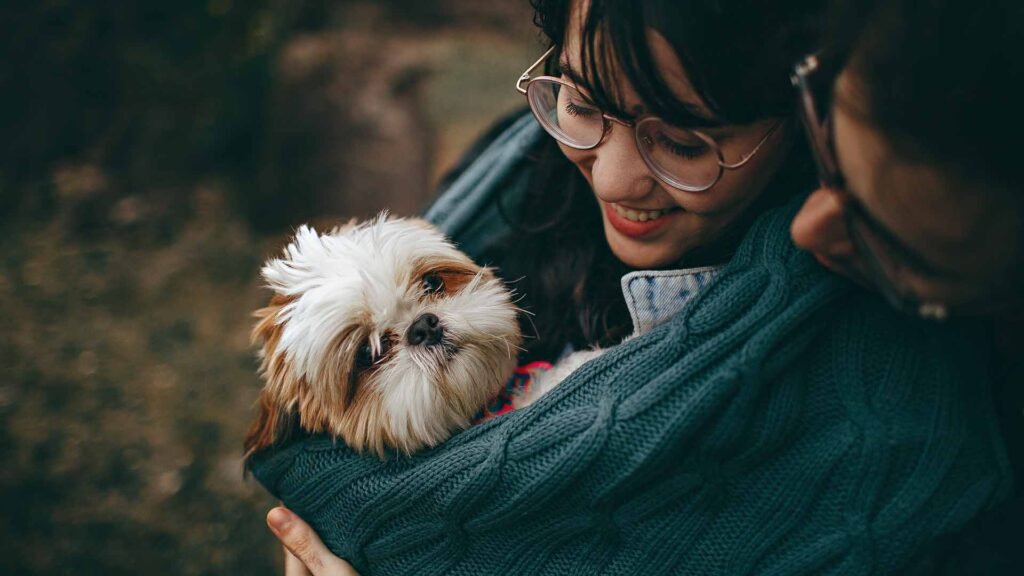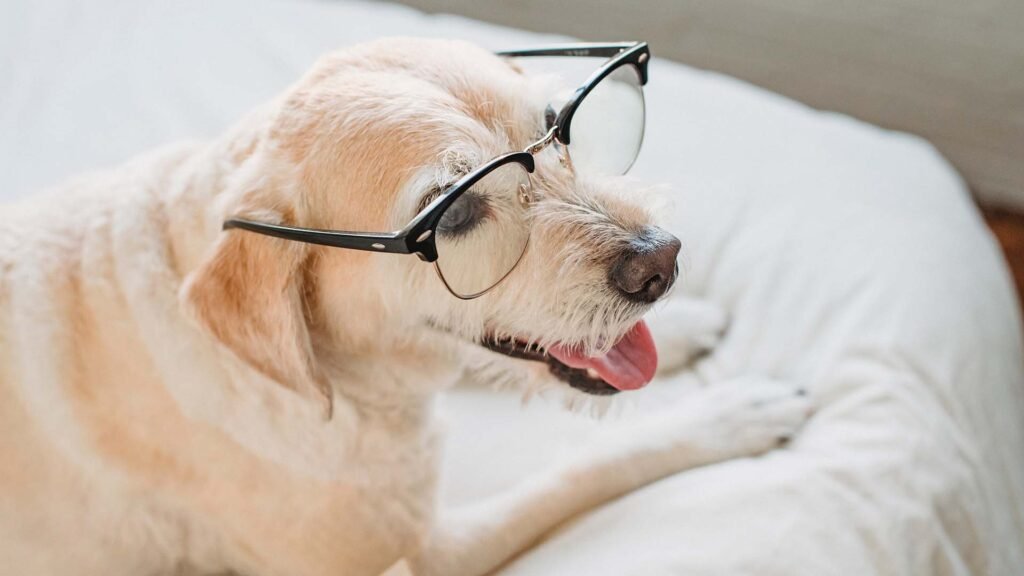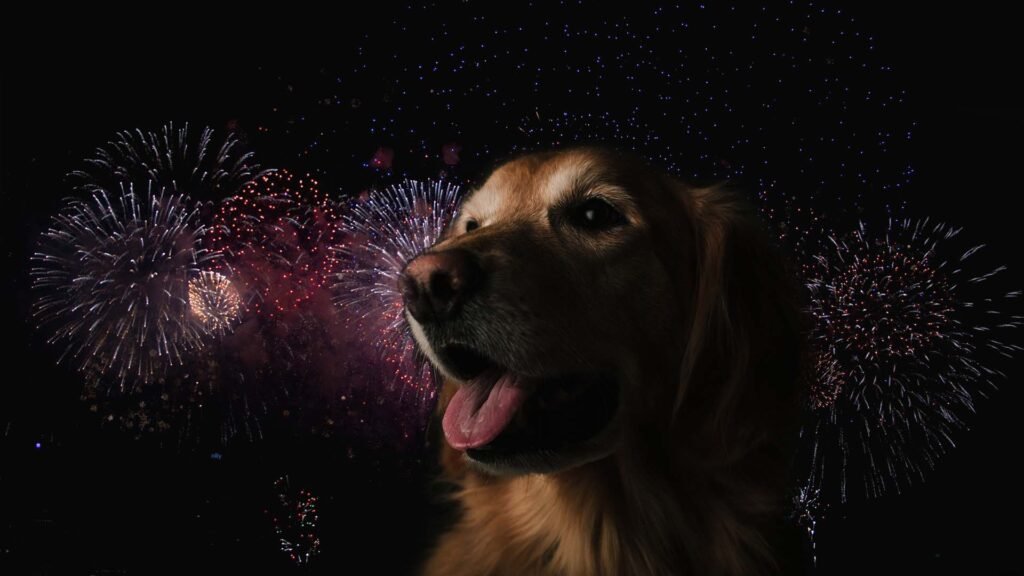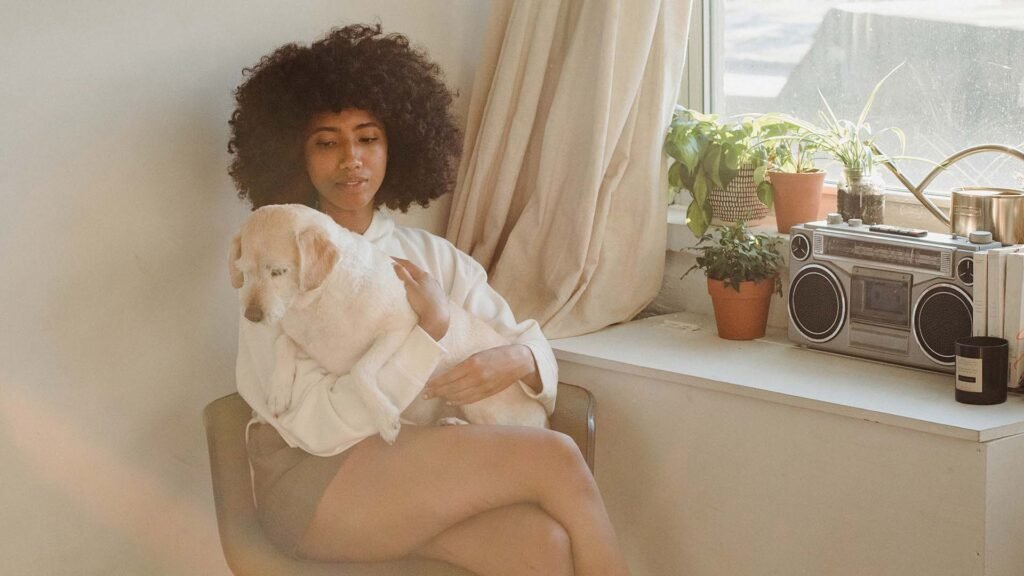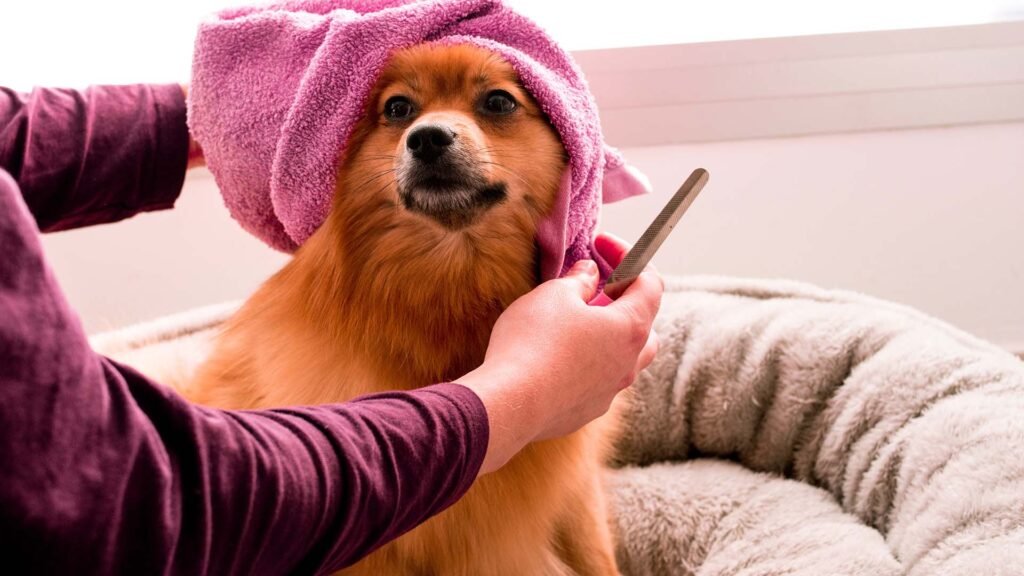Dogs urinate for many reasons. They may be marking their territory, relieving themselves, or showing submissive behavior. Whatever the reason, it’s important to understand why your dog is peeing in the house so you can find a way to stop it.
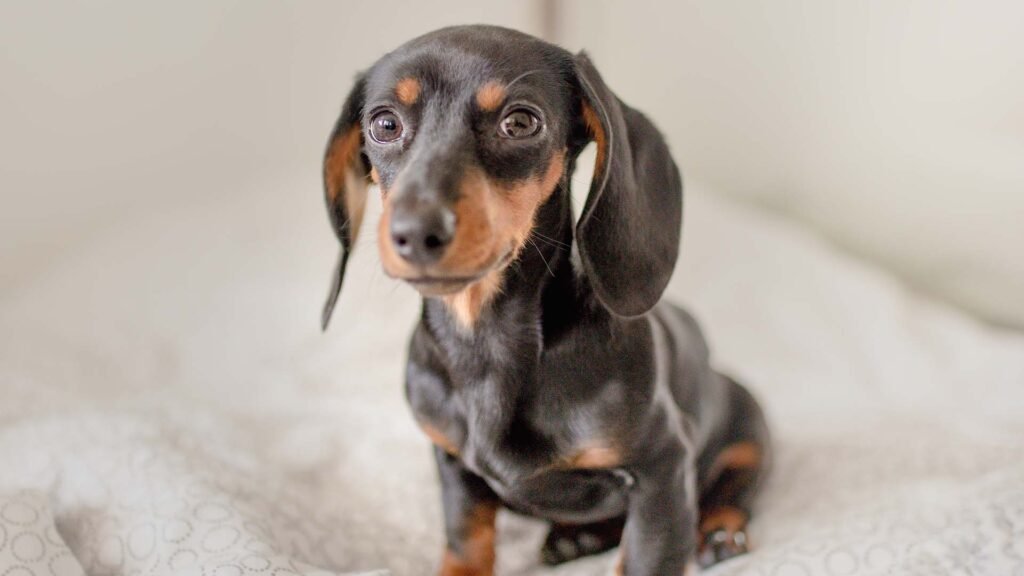
There are several things that could be causing your dog to urinate indoors. Medical conditions, such as a urinary tract infection, could be to blame. Or, your dog may not have been properly trained to go outside. If you’ve recently moved or added a new pet to the family, that could also be upsetting your dog and causing him to mark his territory indoors.
Whatever the reason for your dog’s indoor urination, there are some steps you can take to stop it. If you think a medical condition may be to blame, talk to your veterinarian.
Dogs Mark Their Territory
Dogs are territorial animals and they use urine to mark their territory. When a dog urinates in the house, it is usually because he or she smells another dog’s urine and wants to claim the area as their own. Dogs have a natural instinct to mark their territory. When they pee in the house, they are leaving their scent behind and claiming their space. This can be a problem for dog owners, especially if the dog is not house trained. There are several reasons why dogs might pee in the house, including stress, excitement, and sickness.
Dogs Have A Strong Sense Of Smell
Dogs that are house-trained may start peeing indoors if they are experiencing anxiety or changes in their routine. Dogs are territorial creatures by nature. They urine to mark their territory and to leave a scent for other dogs. When dogs urinate indoors, it is usually because they are either not well-trained or are acting out in response to something that is stressing them out.
Dogs Communicate Through Scent
Dogs communicate through scent by leaving their urine behind. When a dog urinates, they are leaving their scent behind for other dogs to smell. This is how dogs communicate with each other and let each other know where they have been and what they have been doing. Dogs also use their sense of smell to find food and track down prey.
Dogs Experiencing Anxiety And Fear
Dogs are social creatures that thrive on companionship and positive reinforcement. Unfortunately, sometimes dogs can develop anxiety and fear which can manifest in unwanted behavior such as urinating in the house.
There are a number of reasons why a dog might start to experience anxiety or fear. A change in environment, such as a move to a new home, can be stressful for a dog. Other causes could include neglect or abuse, lack of socialization, or separation anxiety from their guardians.
Symptoms of an anxious or fearful dog may include panting, shaking, hiding, cowering, or peeing inside the house. If you think your dog is experiencing anxiety or fear, it’s important to consult with a veterinarian or animal behaviorist to rule out any possible medical causes and create a treatment plan.
Dogs Adjusting To Bad Weather
Dogs have a natural instinct to go to the bathroom outside. However, sometimes bad weather can make it difficult for them to get outside in time. When it’s cold, snowy, or raining, dogs may hold their bladder until they can’t anymore and then they’ll go inside. If your dog is suddenly starting to pee in the house, bad weather might be the reason why.
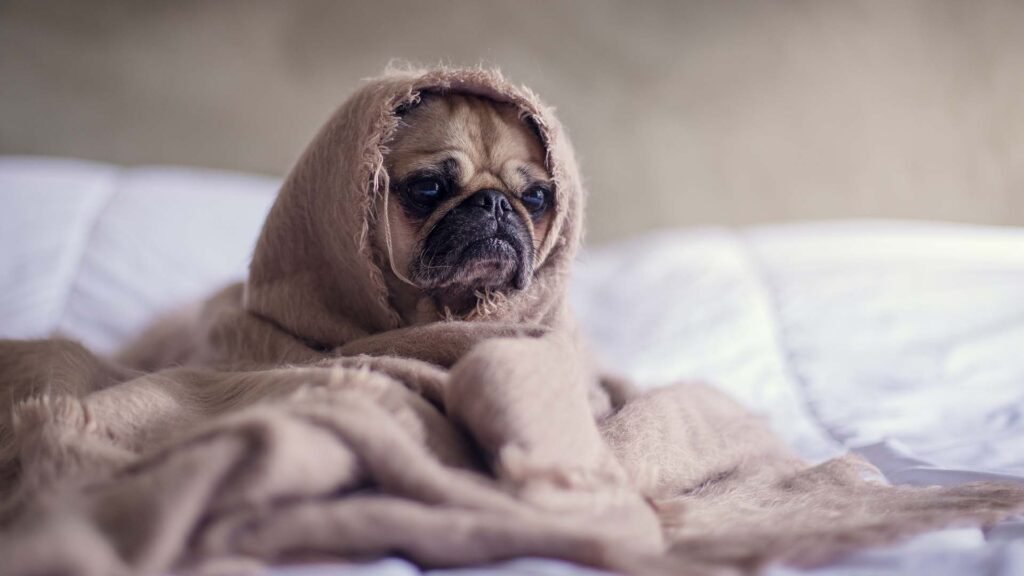
There are a few things you can do to help your dog adjust to bad weather. First, try to take them out more often so they don’t have to hold it in for as long. If it’s too cold or rainy for you to stay outside, bring them out on a leash and then bring them back inside right away. You can also try training your dog to use an indoor potty spot.
Dogs Ageing

As dogs age, they may start to experience incontinence. This is because the muscles that control their bladder weaken and they are not able to hold their urine in as well. Additionally, the nerves that tell the dog when it is time to go outside may also start to deteriorate. If your dog is starting to have accidents in the house, it is important to take them to the vet so that they can rule out any other medical conditions that may be causing this problem. There are a variety of treatments that can help with incontinence, so do not hesitate to speak with your veterinarian about what options are available for your dog.
Dogs With Illnesses
There are a number of reasons why dogs might start peeing in the house, and many of them have to do with illness. If your dog starts urinating indoors, it’s important to take them to the vet to rule out any potential health problems.
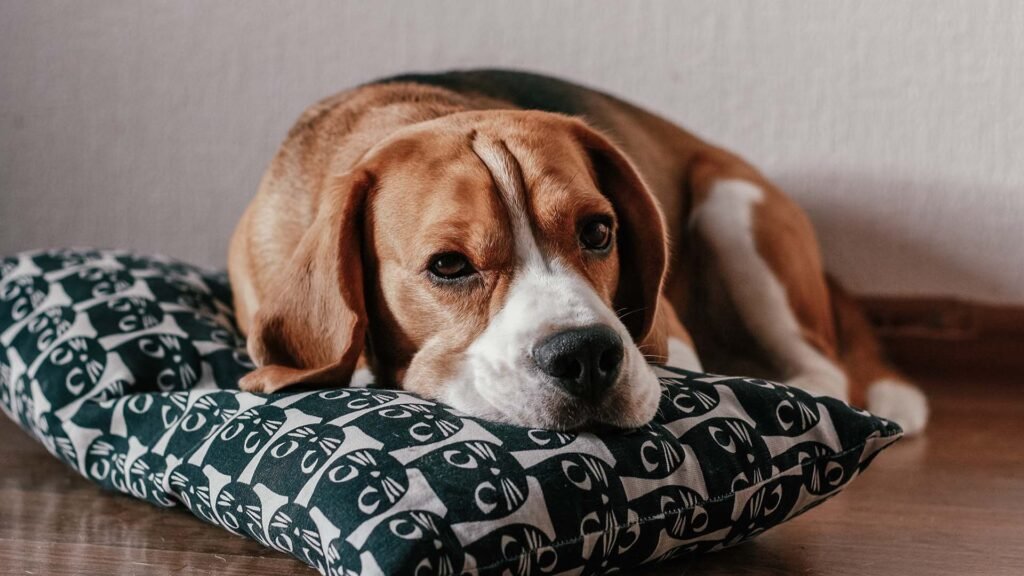
One possibility is that your dog has a urinary tract infection (UTI). UTIs are relatively common in dogs, and can cause frequent urination, bloody urine, and pain or discomfort when urinating. If your dog is showing any of these symptoms, they need to be seen by a vet as soon as possible.
Another possibility is that your dog has diabetes. Dogs with diabetes often have to urinate more frequently than normal, and may not be able to control their bladder as well as they normally could. If you think your dog might have diabetes, take them to the vet for a blood sugar test.
Dogs Getting Overexcited
Dogs can get overexcited for a number of reasons. Maybe they see another dog outside and want to play, or someone comes to the door and they’re excited to see them; otherwise known as “happy” pee. Whatever the reason, it’s important to know how to handle an overexcited dog so that they don’t pee in the house.
One way to calm an overexcited dog is to have them sit or lie down. This will help them to focus on you and not whatever it is that’s got them excited. Once they’re calm, you can then proceed with whatever it was that you were doing. If your dog is still having trouble settling down, you may need to provide more exercise for them or give them a chew toy to keep them occupied.


